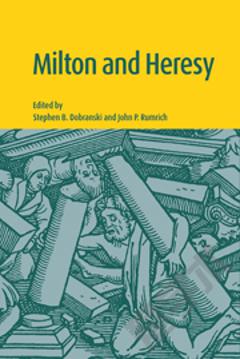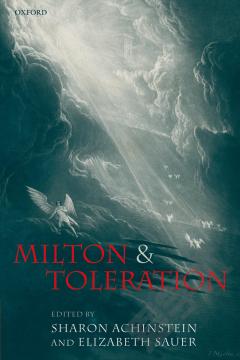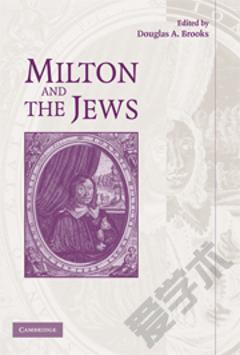Milton and Heresy
It is distinctly paradoxical that John Milton - who opposed infant baptism, supported regicide, defended divorce and approved of polygamy - should be heard as a voice of orthodoxy. Yet modern scholarship has often understated or explained away his heretical opinions. This volume investigates aspects of Milton's works inconsistent with conventional beliefs, whether in terms of seventeenth-century theology or the common assumptions of Milton scholars. Contributors situate Milton and his writings within his specific historical circumstances, paying special attention to Milton's pragmatic position within seventeenth-century religious controversy. The volume's four sections deal with heretical theology, heresy's consequences, heresy and community, and readers of heresy; their common premise is that Milton, as poet, thinker and public servant, eschewed set beliefs and regarded indeterminacy and uncertainty as fundamental to human existence.
{{comment.content}}








 京公网安备 11010802027623号
京公网安备 11010802027623号